Table of Contents
Table of Contents
Table of Contents
Nutrition for gaining muscle mass

Gaining muscle mass requires not only regular workouts, but also a proper approach to nutrition. Proper nutrition plays a key role in muscle growth, as it provides the body with the building blocks and energy needed for recovery and growth. In this article, we will look at how to effectively organize your diet to gain muscle mass.
The Role of Macronutrients in Gaining Muscle Mass
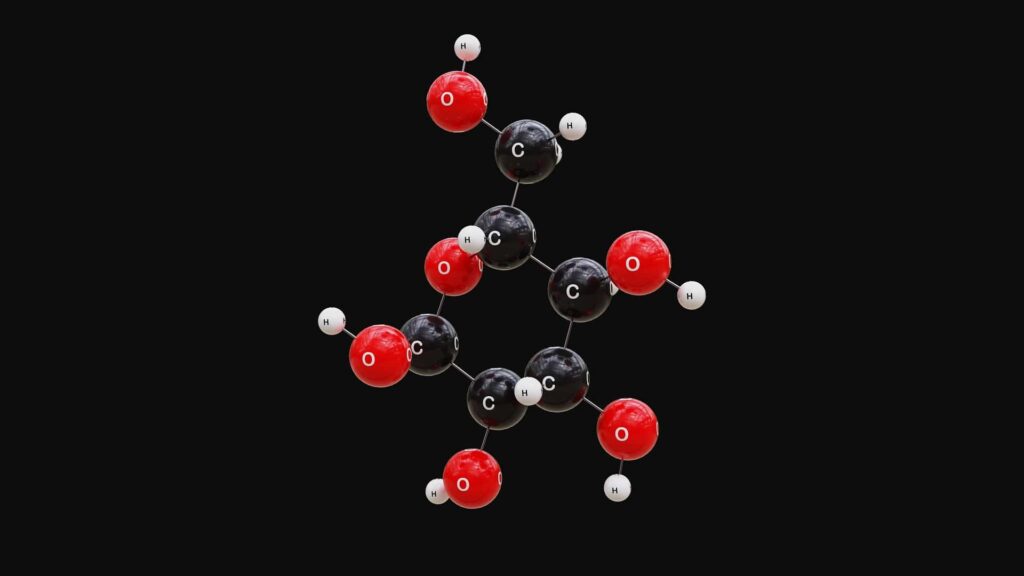
Each macronutrient—proteins, carbohydrates, and fats—has its importance in the muscle-gaining process. They provide the body with energy, building materials for muscles, and aid in recovery after workouts.
Proteins: The Building Blocks of Muscles
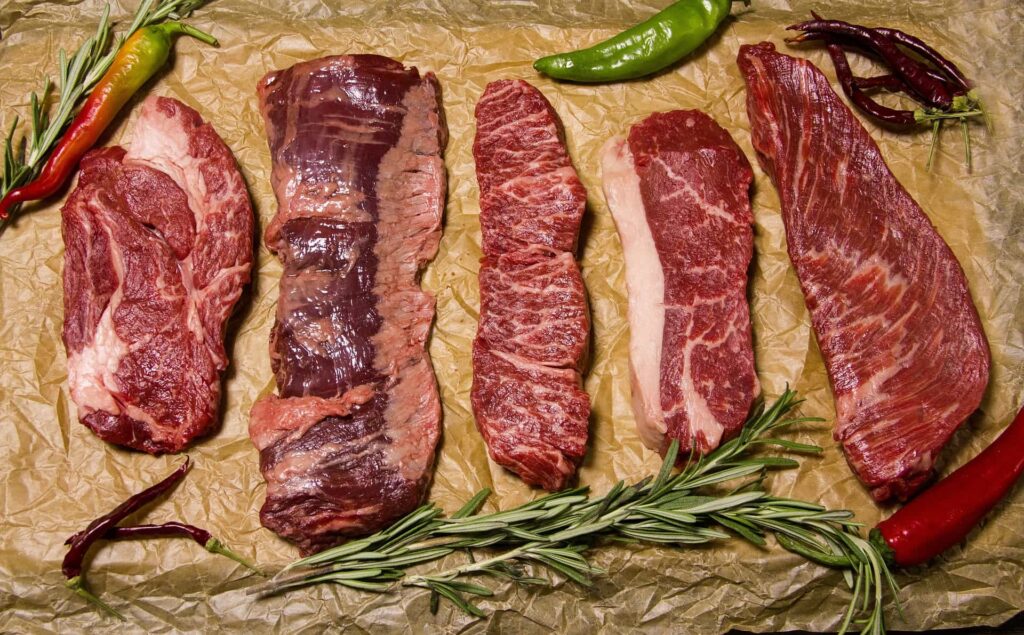
Proteins are the primary component for building and repairing muscle fibers. During workouts, muscles undergo damage, and adequate protein intake is essential for their repair. It’s important to consume protein daily in optimal amounts.
What Type of Protein to Choose?

The best sources of protein for muscle gain include:
- Lean Meat: Chicken, turkey, beef, and pork.
- Fish: Salmon, tuna, and sardines are sources of protein as well as healthy fats.
- Eggs: An excellent source of complete protein.
- Dairy Products: Cottage cheese, yogurt, and cheeses contain both protein and calcium.
- Legumes: Beans, lentils, and chickpeas are good plant-based protein sources.
- Plant Sources: Soy, quinoa, and buckwheat.
Recommended Protein Intake
To gain muscle mass, it’s recommended to consume between 1.6 to 2.2 grams of protein per kilogram of body weight per day. For athletes engaged in strength training, this range may be closer to the upper limit. For example, if you weigh 70 kg, you need between 112 to 154 grams of protein daily.
Carbohydrates: The Primary Energy Source

Carbohydrates are the main source of energy for muscles and the brain. Without adequate carbohydrates, it becomes challenging for the body to maintain high training intensity, which can negatively impact muscle gain.
Complex and Simple Carbohydrates
Carbohydrates can be complex or simple. Complex carbohydrates, such as whole grains, oatmeal, and vegetables, provide a stable energy level throughout the day. Simple carbohydrates, such as fruits, honey, or juices, can be used as a quick energy source after workouts for recovery.
Carbohydrate Intake Recommendations
To gain muscle mass, it’s essential to consume around 4-7 grams of carbohydrates per kilogram of body weight. This will help maintain high energy levels and improve workout results. If your weight is 70 kg, you need between 280 to 490 grams of carbohydrates daily.
Fats: An Essential Part of the Diet

Fats are necessary for maintaining hormonal balance and energy levels. They help the body absorb vitamins and support overall health.
Healthy Fat Sources
It is recommended to include healthy fats in your diet from sources such as:
- Avocado: A source of beneficial monounsaturated fats.
- Nuts: Almonds, walnuts, and cashews are rich in fats and proteins.
- Seeds: Chia, flaxseeds, and pumpkin seeds.
- Fatty Fish: Salmon, mackerel, and sardines.
- Olive Oil: Healthy monounsaturated oil for salad dressings.
Recommended Fat Intake
For gaining muscle mass, fats should comprise about 20-30% of total caloric intake. For example, if you consume 3000 calories per day, 600-900 calories should come from fats (or 67-100 grams of fats).
Caloric Surplus: The Main Rule for Gaining Mass
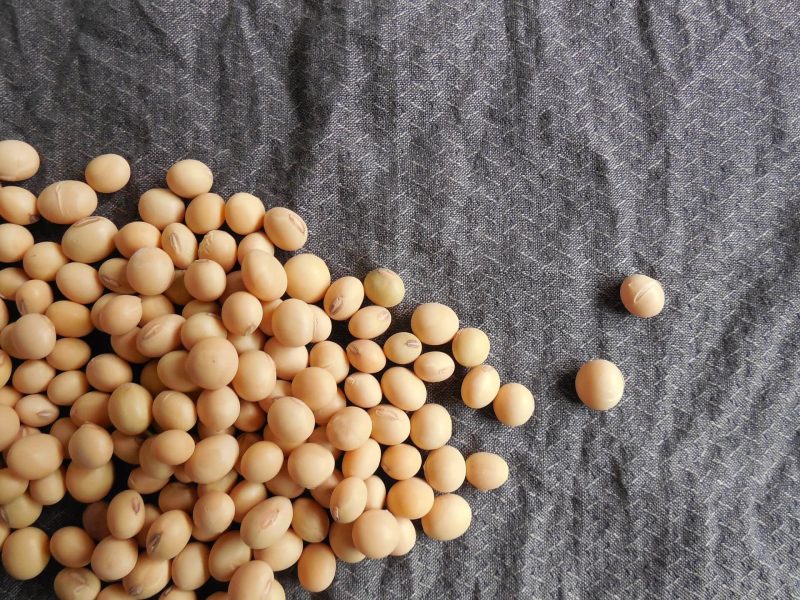
To gain muscle mass, it is essential to consume more calories than the body expends. This condition is called a caloric surplus. Without it, muscle gain is impossible since the body lacks resources for growth.
How to Calculate Caloric Surplus?
To calculate how many calories you need, determine your Basal Metabolic Rate (BMR) and add about 10-15% more calories. BMR can be calculated using the following formula:
- Men: BMR = 10 × weight (kg) + 6.25 × height (cm) — 5 × age (years) + 5
- Women: BMR = 10 × weight (kg) + 6.25 × height (cm) — 5 × age (years) — 161
This excess will be your surplus, which helps in gaining muscle mass. For example, if your BMR is 2000 calories, add 300-500 calories to achieve a surplus.
When and How to Eat?

Nutrition should be regular and balanced. Divide your daily calorie intake into 5-6 meals. This will help maintain energy levels and provide a constant flow of nutrients to the muscles throughout the day.
Meal Distribution
For optimal muscle growth, it is recommended to eat every 3-4 hours. This helps maintain stable blood sugar levels and ensures a continuous supply of nutrients to the muscles.
Sample Schedule:
- Breakfast: 7:00 AM
- Snack: 10:00 AM
- Lunch: 1:00 PM
- Afternoon Snack: 4:00 PM
- Dinner: 7:00 PM
- Pre-Sleep Snack: 9:30 PM
Additionally: Sports Supplements
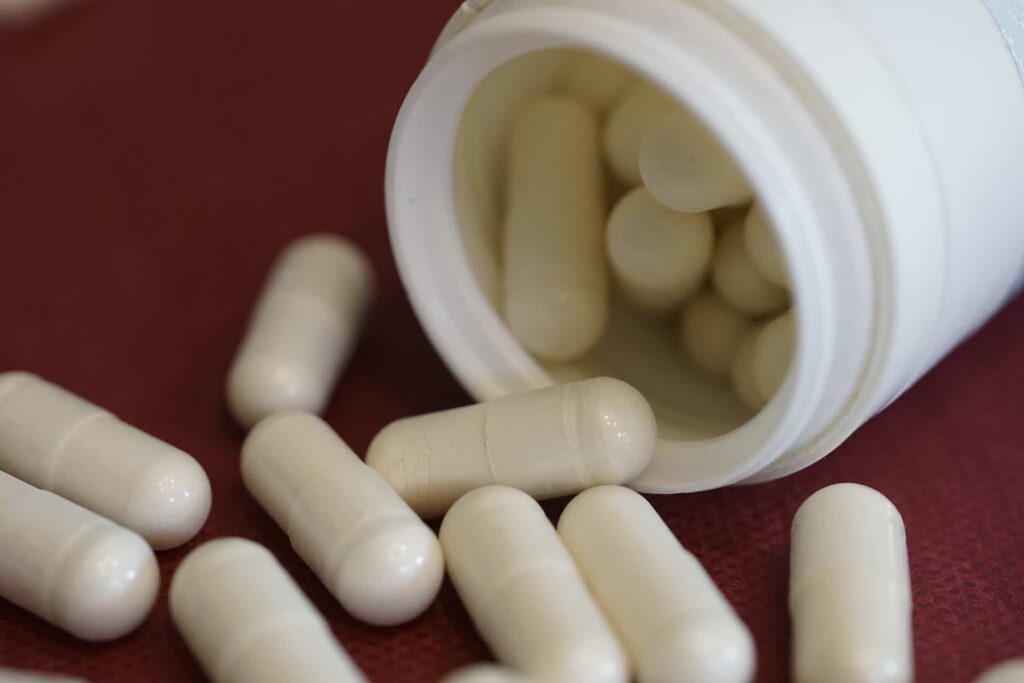
Sports supplements can help complement your diet. The main supplements for gaining muscle mass include protein powders, creatine, BCAAs, and gainers.
Protein Powders
Protein shakes can be a convenient source of protein, especially after workouts or if your diet lacks protein from food. Popular types of protein powders include:
- Whey Protein: Quickly absorbed, ideal post-workout.
- Casein Protein: Slowly absorbed, suitable for evening intake.
- Plant-Based Protein: For vegans and those with lactose intolerance.
Creatine and BCAAs
Creatine helps increase strength and performance during workouts, while BCAAs (branched-chain amino acids) help speed up muscle recovery after intense workouts. It is recommended to take creatine in the form of monohydrate at a dose of 3-5 grams per day.
Importance of Hydration
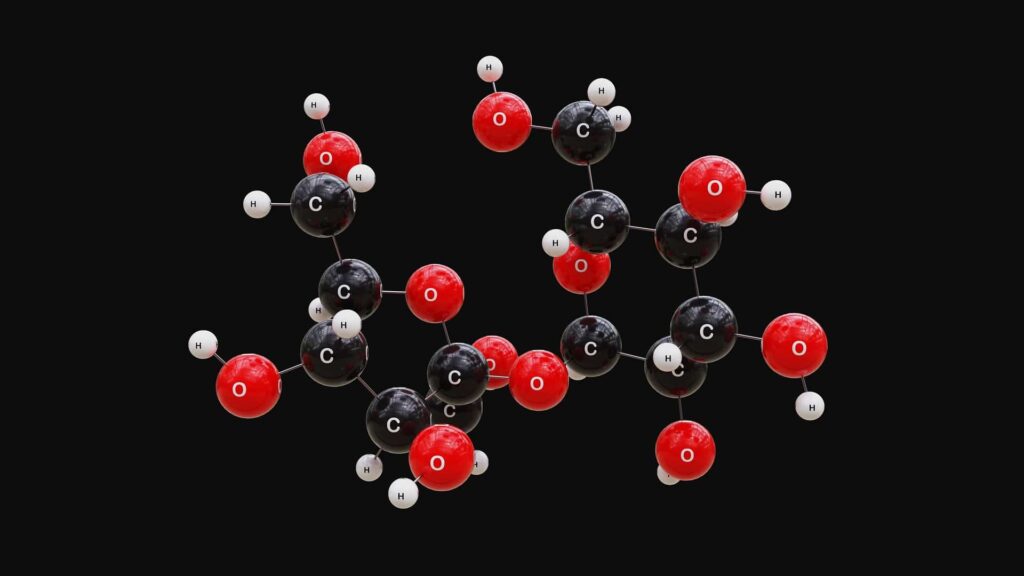
Hydration plays a crucial role in overall well-being and, specifically, in the muscle-gaining process. Water helps transport nutrients and maintain optimal physiological functions.
How Much Water to Drink?
It is recommended to drink at least 2-3 liters of water daily. During intense workouts, this amount should be increased. A sign that you are well-hydrated is the color of your urine: a light yellow color indicates proper hydration levels.
Psychological Aspects of Nutrition

It’s important to remember that gaining mass is not only a physical but also a psychological process. Pay attention to your emotions and state of mind to avoid stress, which can negatively impact results.
Meal Planning
A good idea is to plan your meals in advance to avoid the temptation of fast food. Use apps to track your caloric and macronutrient intake. This will help you monitor your diet and ensure you do not miss important nutritional elements.
Conclusion
For effective muscle gain, a balanced diet focusing on proteins, carbohydrates, and healthy fats is crucial. Understanding your caloric and macronutrient needs, regular meals, and proper supplements will help you achieve your desired results. Don’t forget about hydration and psychological aspects, which also play an important role in your success.



